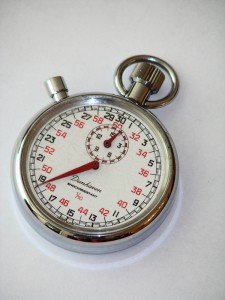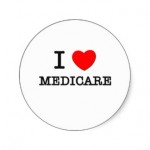Physicians believe that:
Anyone who delivers care in less time than me must be cutting corners and providing low quality care. Same goes for clinics, hospitals, emergency departments…
Do physicians believe, then, that taking longer would improve quality? Does more time equal more quality?
Deep down, many physicians believe that:
The highest quality care happens at precisely the speed at which I provide it, or could provide it, if I chose to work at my top speed.
This could just be physicians resisting change for their own reasons. But I think there’s more…
Outcomes & Quality in Healthcare
Patients believe compassion equals quality, and rightly so: quality care must be compassionate.
But patients also want great outcomes.
Time determines outcome for most EM care (ICES Quality Report, 22 of 48 indicators are time based).
Many papers show ways to decrease waste for patients: see articles on LEAN and time in emergency care.
EM associations teach ways to increase speed without decreasing quality (Physician Efficiency, Canadian Journal of Emergency Medicine; Doing Things Faster Without Sacrificing Quality, ACEP), and many report ways to speed up care (Speed it up from Stanford 2013; ERs Move to Speed Care, WSJ 2011).
Time equals quality in emergency care. There is no evidence that patient waiting or taking-a-long-time-to-provide-care equals quality.
Humility can help to improve performance. Are we willing to look for ways to improve based on others’ success?



